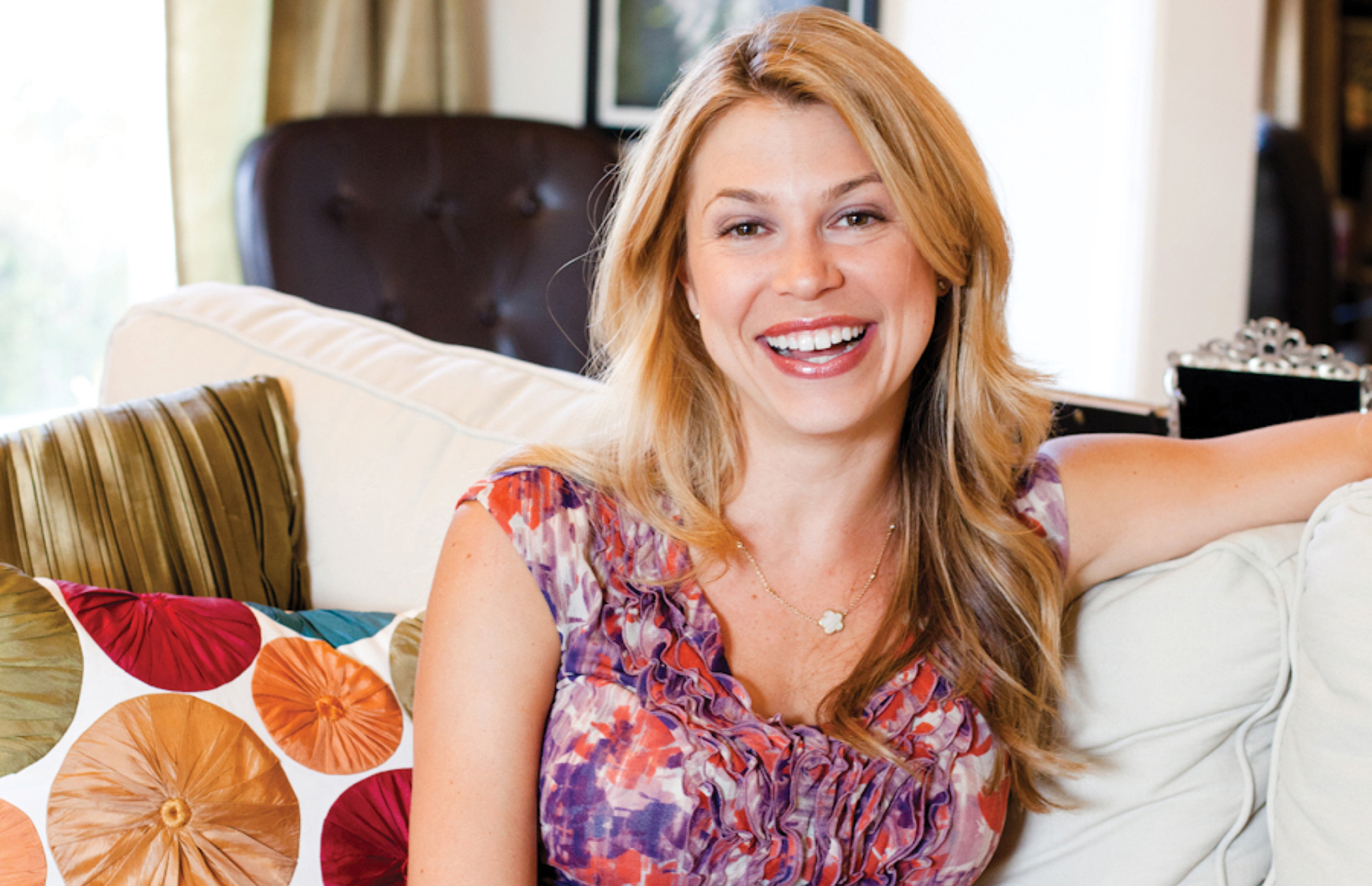Celebrating the famous cliché “when life gives you lemons, make lemonade,” Christine Hassler, 35, has capitalized on her own unexpected life challenges and experiences to become the renowned author, life coach and professional speaker she is today.
Christine left a glitzy career in entertainment to pursue a life she could be passionate about. In this time of exploration, Christine dedicated her life to busting the myth that the 20-something years are about living by a checklist and having it all figured out. In 2005, she became a pioneer in guidebooks when she wrote her first book, 20-Something, 20-Everything, written exclusively for young women to help answer the 20s triangle: Who am I? What do I want? How do I get it? Her second book, 20 Something Manifesto, written for men and women, is the first book to explain what REALLY happens during our 20s.
Christine is a perfect fit for Career Contessa because she has embraced and acknowledged her own 20s triangle as a natural part of life’s transformation and promotes a lifelong journey of growth. Christine has paved the way for online publications that want to inspire women, increase camaraderie and pen roadmaps to a more fulfilling life and career. Below, Christine shares how she discovered her passion and, by navigating the writing process, established a brand.
Her Starting Point
Where did you start your career? Did you ever expect yourself to be doing what you’re doing now?
My first job out of college was as an assistant for the Head of Television Packaging at the William Morris Agency, one of the largest talent agencies in Hollywood. I never expected to be working at a talent agency, let alone William Morris. I worked there for about a year, and then spent the next five years in various positions trying to move from an assistant to an executive position. At 25, I ended up as a television literary agent at AMG Entertainment. I was the youngest agent in the group and the only woman.
Her Big Break
What made you decide to write guidebooks for 20-somethings? How did you come up with the idea?
Basically, my life fell apart. At 25, I had left a career that I didn’t enjoy in the pursuit of something I was passionate about. This really scared me because I always thought I would be happy with a career in entertainment. In that time, I ended up falling into health, family and money problems that eventually left me depressed. I had eleven different jobs in two years doing really random things, and then six months before our wedding, my fiancé dumped me. All of a sudden, everything that was important to me was stripped away. I took this as a wake-up call and made a deal with myself: if I figured my way out of my own quarter-life crisis, I would dedicate my life to helping people find their way out of disappointment. The next day, I woke up with the idea for my first book, 20-Something, 20-Everything.
Can you tell us a little bit about the process of writing a book? What happens after the idea?
Since I was previously a literary agent, I had an idea of how these things worked. That’s an interesting part about life: we never know until we get far enough away from something why it mattered. I really think my career in entertainment was meant to prepare me for my current career, and gave me the connections I needed. I used my past experience and network to put together my book proposal, and I signed with an agent to help sell my book.
Tell us about your writing process.
After selling my book proposal, I just started writing. Although I had never written a book before, I knew that one of my strengths was learning new things. I used a combination of reading books on the writing process, talking to other writers and writing my own story. When it came time to write my book, the words, exercises and topics I wanted to cover just came to me. I also interviewed lots of women and I’ve discovered that once we find our passion, the information tends to be there.
You’re also a life coach with a counseling emphasis specializing in relationships, career, finances, self-identity, personal and spiritual growth. Can you explain this role?
We all have our blind spots in life. Everyone has the things we know we don’t know and the things we don’t know that we don’t know—a life coach helps with both. For a lot of us, we choose careers or relationships based on insecurities or things people tell us we are good at, and the concern is that, often times, we don’t know who we are and what we want. A life coach helps answer those questions, too, in addition to rewiring belief systems that don’t serve you, figuring out what stories you're telling yourself about your life and which of those stories needs to be updated. I also have my master’s degree is spiritual psychology, which helps me work with a person’s past. I'll go back and look at someone’s issues and see what they're still carrying around that is effecting the present. Most life coaches really help with the present and future, but since I'm a bit of a hybrid, I help people clean up and heal their past, accept and love their present and create the future that they want.
When and how were you able to support yourself while building your brand as an author and life coach?
I worked many other jobs including personal training, real estate, hand model (yes, they do exist) and yoga teacher. I just didn’t have the luxury to spend time working on my passion and not take other jobs. I stayed committed by working during the day and writing my book during nights and weekends. I started coaching and moonlighting as a life coach part-time in 2004 while I worked jobs that I hated. It wasn’t until 2006 that I was able to leave everything else and just be a full-time author, speaker and life coach.
What key takeaways do you have for building a successful brand and business?
I think it’s just keeping up the momentum. For me, 20-Something, 20-Everything had just come out, I was getting more life coach training, my second book proposal was picked up, I had great mentors and that momentum kept me committed to making this a business. I was really connecting with my clients, which helped bring referrals and grow my business. I was so driven by the reminder of how miserable I was working for someone else that I made sure to do a little bit everyday and keep the commitments I had made to myself. Out of necessity comes innovation and I knew I was really making a difference in people’s lives.
When I was first starting out, I sent an email to five women sharing all the things that had been going wrong in my life, and I proposed starting a women's group to talk about these things. I remember being so nervous to put my vulnerability and honesty out there, but 30 women ended up showing up at my house. At that moment, I knew I had hit a pulse point. That experience got forwarded around and today, I still conduct that women's coaching group. Sharing and creating content, making connections and putting myself out there was really more important than buying advertising, building a website or anything else. Just reaching out to people was important.
Her Perspective
If you could pin your success down to one thing or one moment, what would that be?
Whether it’s coaching or a speaking engagement, I see people change their lives everyday. I’m just really touched by the phenomenon of the human experience. I've always said my highest value is that I “walk my talk,” and that has pushed me to continually grow and learn. The opportunity to have honest, vulnerable conversations with people is a gift and it’s always rewarding to see inside people like that.
What has been the biggest challenge of your career?
Feeling like I consistently have homework. There is always something to do and the field of personal growth has really matured in the last few years, which sometimes makes the opportunities and to-do’s seem endless. I coach myself through those moments and make sure to really focus on the opportunities that feel most aligned with me—that I truly want to step into rather than doing things I think I should do.
If we had the chance to peek at your schedule, what would an average day look like?
There is definitely no such thing as a typical day! I make sure to start my morning with meditation followed by making my to-do list, which is divided into two columns: things that I will take care of, and things I want the universe to take care of for me. If I’m in town, then my day includes meetings with clients, calls, writing and once a month I teach a class at a university. If I'm out of town, I’m usually traveling somewhere to speak, leading an event or making a media appearance. And of course, there are those days when I’m getting a manicure and having lunch with my girlfriends. I try to have balance in my schedule.
With so many great projects (seminars, workshops, American Express spokesperson, professor, etc.) under your belt, what’s next for your career?
I’m expanding my brand and writing my third book on Expectation Hangovers®, where I’ve come up with a whole system on how to leverage disappointment, how disappointment, failure or things that aren’t going your way can be transformed into fulfillment. I am also creating more online resources and speaking engagements, including retreats. Last year, I held my first international retreat in Costa Rica, a workshop in Australia and went to Costa Rica to lead my second retreat back in April.
What advice would you give to aspiring authors or life coaches? Where should they start?
If you want to be an author, just start writing. Get yourself in the habit of writing. It’s definitely a muscle. Rather then dreaming about being an author and what you want to write about, just write about something everyday and exercise that muscle so it becomes a discipline.
In terms of becoming a life coach, use your own life for your training. Be your own client—look at your life, the lessons you're learning and the opportunities for changes in perceptions you have everyday. Then research places you can get training and certification. The best life coaches are both teachers and students.
You May Also Like
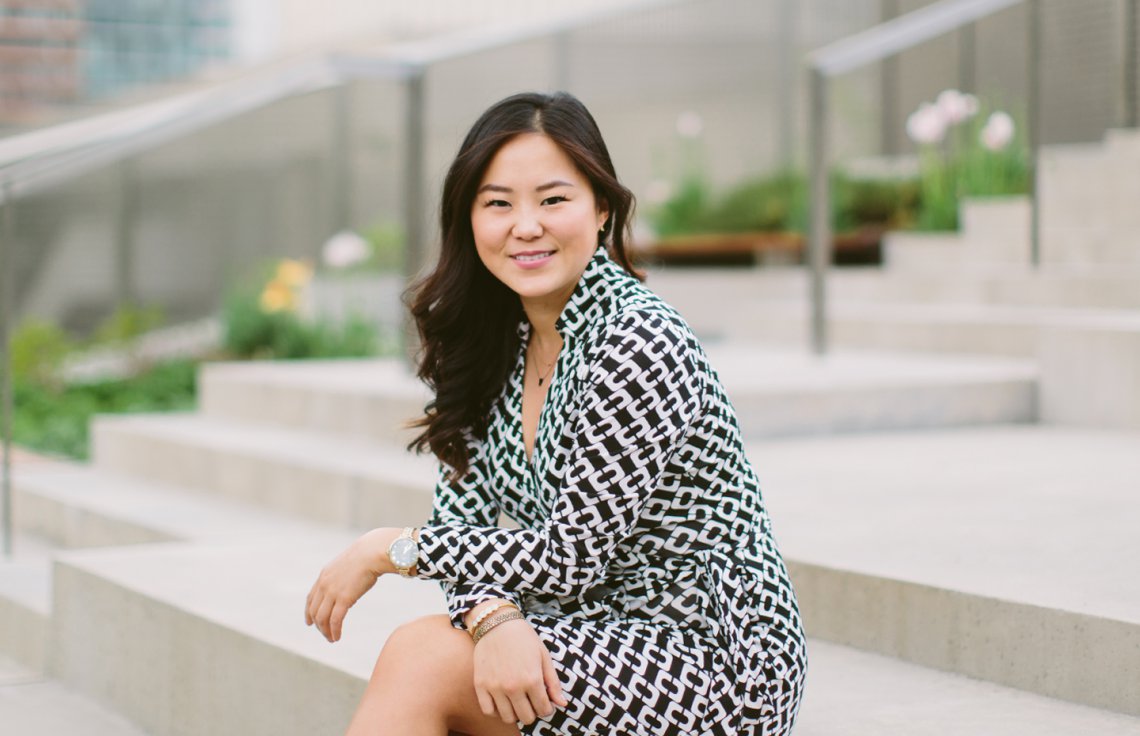
Government + Public Policy
How to Become a Foreign Service Officer
Ever wondered what it would be like to work in Foreign Affairs? Gloria Chou knows, and she's spilling.
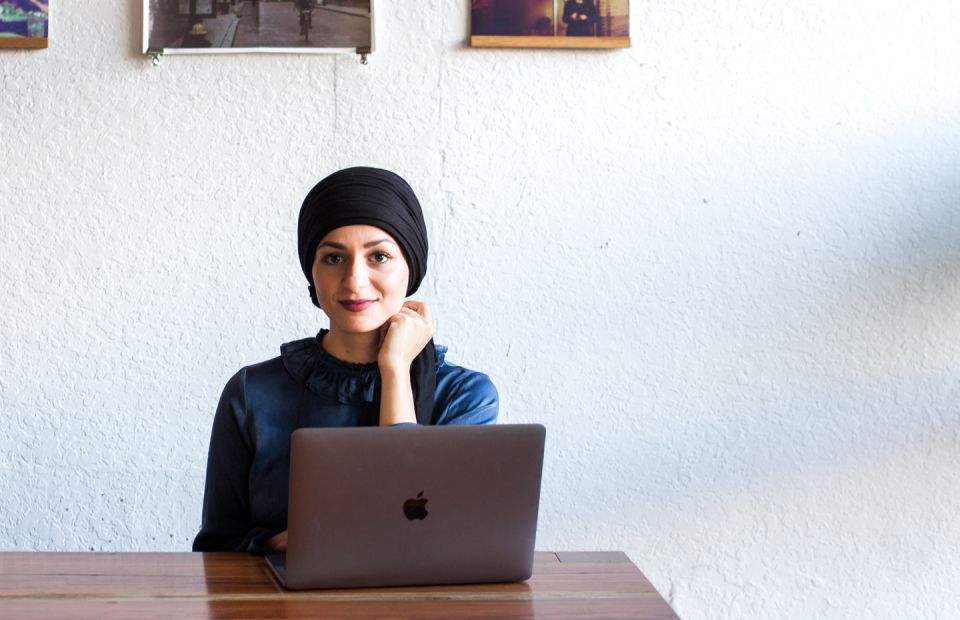
Government + Public Policy
Noor Elkhaldi on Taking a Break From School to Work as an SVU Counselor
"You cannot care for others if you do not care for yourself."
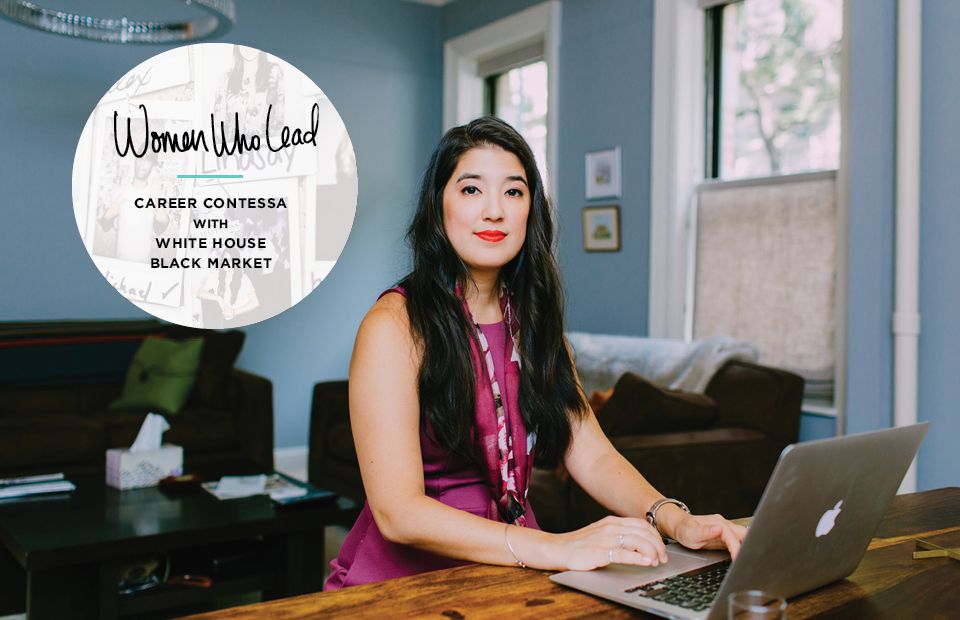
Consumer Services, Education, Finance
Women Who Lead: Alexandra Dickinson, Founder and CEO of Ask For It
On taking risks and asking for more—always.
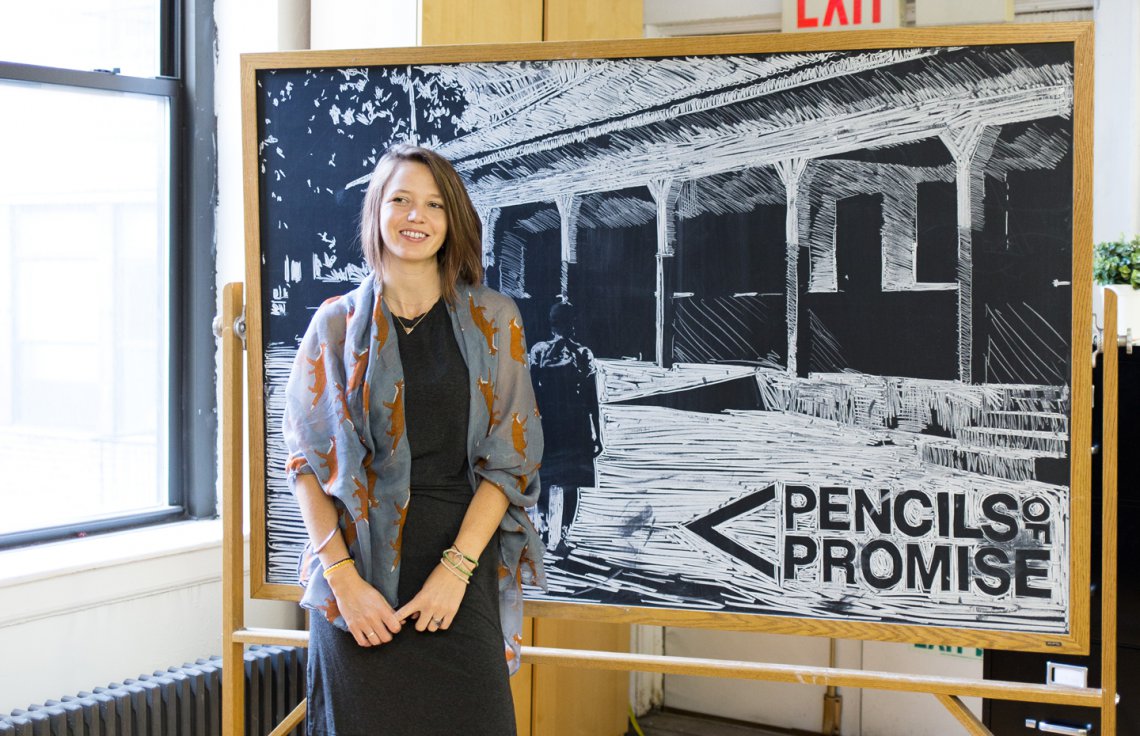
Nonprofit, Social Responsibility
Leslie Engle Young on What a Director of Impact Actually Does
This philanthropic globetrotter found her dream career working at Pencils of Promise.
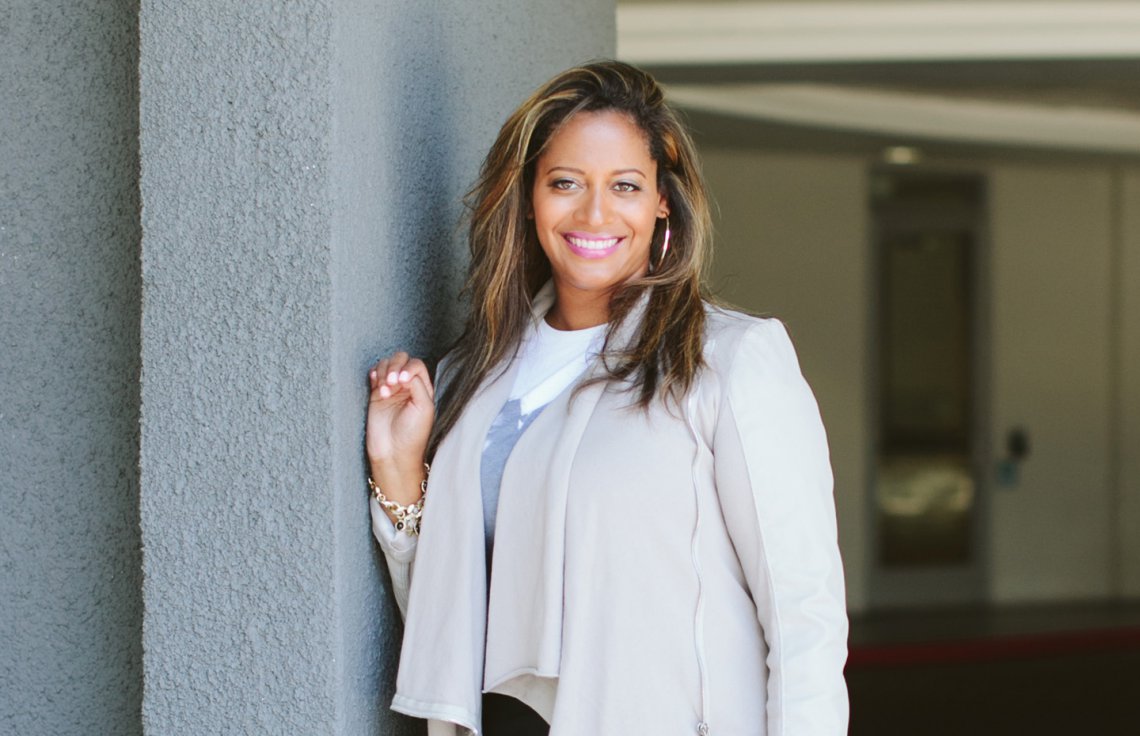
Entertainment, Government + Public Policy
Meet the Woman Behind Your Favorite T.V.
See how Candace's legal background has helped her climb the ladder to a director role at Sony Pictures.
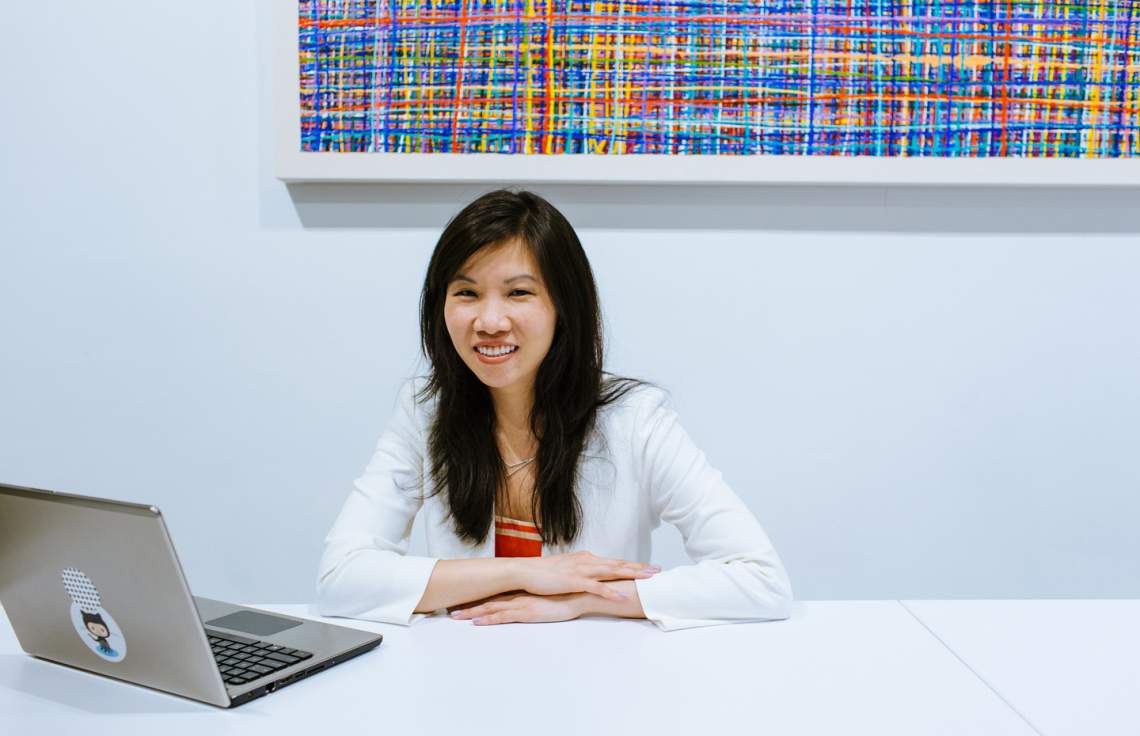
Government + Public Policy
This Millennial Entrepreneur Talks Politics, Activism, and...How to Vote?
Election season's almost over, but Maria Yuan's company, IssueVoter, is just getting started.
Get the Best Career Advice Delivered To Your Inbox
Join our newsletter to stay in the loop.
